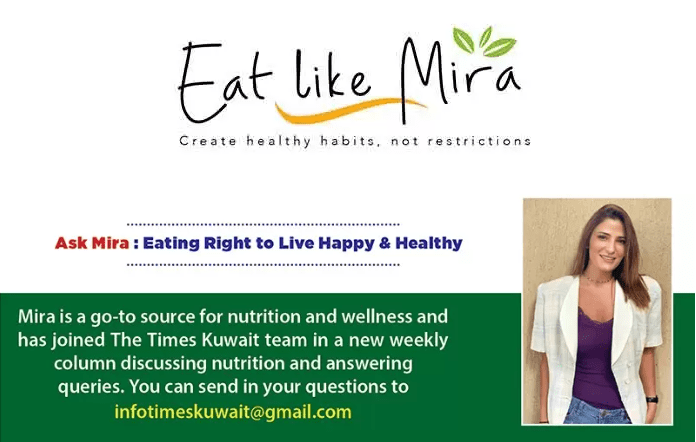
Repeating the same grocery food list every week may be easy for you, but what if you are not eating the right food for your hormones, your body’s inflammation protection, and your overall health?
Below we provide a grocery food list that ensures functional nutrition, which supports your body’s natural healing processes and promotes overall wellness.
Fruits and Vegetables: Fruits and vegetables are rich in antioxidants, vitamins, and minerals that help combat inflammation. Aim to fill half your plate with these nutrient-dense foods that include:
- Berries: Blueberries, strawberries, raspberries, and blackberries are loaded with antioxidants like anthocyanins that reduce inflammation.
- Green leafy Greens: Spinach, kale, arugula and rocket leaves are packed with vitamins A, C, and K, as well as anti-inflammatory flavonoids.
- Cruciferous Vegetables: Broccoli, Brussels sprouts, and cauliflower contain sulforaphane, a potent anti-inflammatory compound.
- Tomatoes: Rich in lycopene, tomatoes can help reduce inflammation, especially when cooked.
- Citrus Fruits: Oranges, lemons, and grapefruits are high in vitamin C and antioxidants that combat inflammation.
Healthy Fats: Healthy fats can help reduce inflammation and are essential for heart health, provided they are taken in moderation. Healthy fats include among others:
- Olive Oil: Extra virgin olive oil is rich in oleocanthal, an anti-inflammatory compound similar to ibuprofen.
- Avocados: These fruits provide monounsaturated fats and antioxidants, including carotenoids and tocopherols.
- Nuts and Seeds: Almonds, walnuts, chia seeds, and flaxseeds are excellent sources of omega-3 fatty acids, which have strong anti-inflammatory properties.
Protein Sources: Always choose lean proteins and plant-based sources to help reduce inflammation.
- Fatty Fish: Salmon, mackerel and sardines are high in omega-3 fatty acids, which can significantly reduce inflammation. Your seafood intake should not be less than three times a week
- Chicken breasts: Go for the antibiotic free and hormone-free
- Red Meat: Limit its consumption to once a week and make sure it is grass-fed not the grain-fed
- Legumes: Beans, lentils, and chickpeas are rich in fiber and protein, which help lower inflammation markers.
- Plant-Based Proteins: Incorporate tofu, tempeh, and edamame into your diet for their anti-inflammatory benefits and high protein content.
Whole Grains: Refined grains can increase inflammation, so opt for whole grains that are minimally processed, such as:
- Oats: Whole oats are a great source of fiber and can help reduce inflammation.
- Quinoa: This gluten-free grain is high in protein and antioxidants.
- Brown Rice: Choose brown rice over white rice for its higher fiber content and anti-inflammatory benefits.
Spices and Herbs: Spices and herbs not only add flavor to your meals but also have powerful properties.
- Turmeric: Contains curcumin, a potent anti-inflammatory compound. Pair it with black pepper to enhance absorption.
- Ginger: Known for its anti-inflammatory and antioxidant effects, ginger can be added to both sweet and savory dishes.
- Garlic: Contains sulfur compounds that stimulate your immune system to fight inflammation.
- Cinnamon: Helps lower inflammation and regulate blood sugar levels.
Beverages: Remember to always stay hydrated and choose beverages that offer anti-inflammatory benefits, such as:
- Water: Staying hydrated is crucial for overall health and helps to flush out toxins that can cause inflammation.
- Green Tea: Rich in catechins, particularly epigallocatechin gallate (EGCG), which reduces inflammation.
- Herbal Teas: Teas like chamomile, peppermint, and ginger can have soothing anti-inflammatory effects.
Stay away from refined sugar, sugary beverages and processed meat.
Help your body regenerate its cells naturally, and remember that consistency is key to reaping the benefits.
And, do not forget to visit my website and know more about the Anti-Inflammation package created for you.
To subscribe to my diet programs,
don’t forget to log in to:
www.eatlikemira.com.















